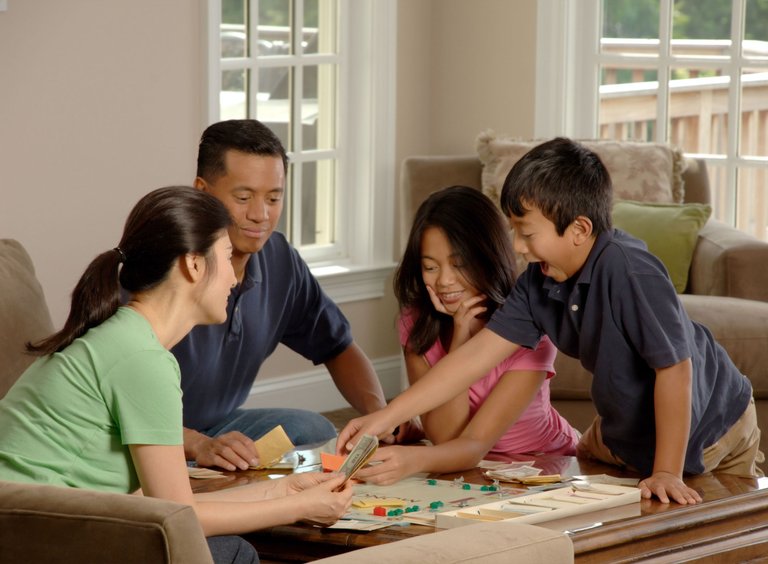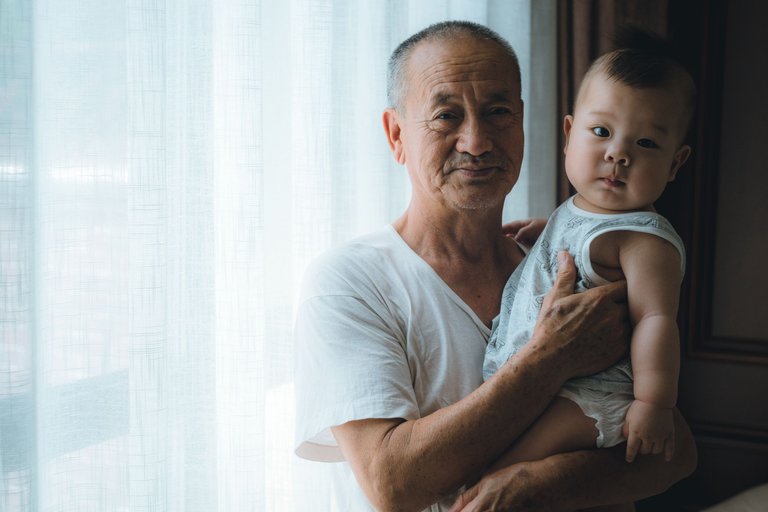The relationship between parents and children is deeply rooted in respect, obedience, and a sense of duty towards one's family. As a person from Southeast Asia, we have functioned as cohesive units where multiple generations live together and contribute to the household in various ways. This has led to the concept of "joint families," where responsibilities are shared among family members, including children.
My short answer to the contest's answer would be -
I do agree that children have some mandatory duties towards their family (that's what makes a family stronger and better as per my belief) there must be a fine line. Children don't owe us anything which we sometimes forget. There would not be such a thing as 'payback' but the love and care we can get from our children would be enough.
Although I came from a big family. But I certainly do not agree with all the cultural perspectives of this joint family idea.
Parents often prioritize their children's well-being and future. They invest a significant amount of time, effort, and resources into raising and educating their children, with the hope that the children will grow up to be responsible individuals who can take care of the family's legacy.
But that never should mean getting benefits/financial support/care during our old age from our child. If they do, they do. But it should not hamper their freedom a bit.
As a mom and a child I strongly believe that passing on family responsibilities to the next generation is as a way to ensure the continuity of family values, traditions, and resources. But that should never be a burden to the next generation. They/we are already in a complicated world. We must give back the love and care to our family. But families need to maintain the balance.
As you may know, in South Asia, it's common to get help from family for higher education, in our marriage, and even buying cars and things. So, there is an underlying belief that children owe a debt of gratitude to their parents for their upbringing, education, and support.
This can translate into a sense of responsibility to care for their parents in their old age and to contribute to the family's well-being. Sacrificing personal freedom for the sake of family responsibilities might be seen as a way to honor the values and traditions that have been passed down through generations. Which I never agree with.
As society evolves, so do cultural norms and practices. While respecting cultural values is important, it's also crucial to strike a balance between tradition and individual aspirations.
We are approaching 2024, we should have something established already to support us during our old age, not our children. And if someone is too old and doesn't have any support their children must come to an agreement where both parties understand each other's perspectives.
On one hand, it's hard to see so many old age people become homeless and end up having a miserable life in their old homes without their families. On the other hand, I have seen so many younger people going crazy carrying the burden of their families.
I'm saying it again, There must be a fine line and a balance between our responsibilities and relationship. Only then we can maintain healthy social growth. Effective communication, empathy, and understanding between parents and children are essential to ensure that both family bonds and personal growth are nurtured.
Thanks.
(I paused on Hive for Years and now will try to continue with much enthusiasm. Keep in touch.)






